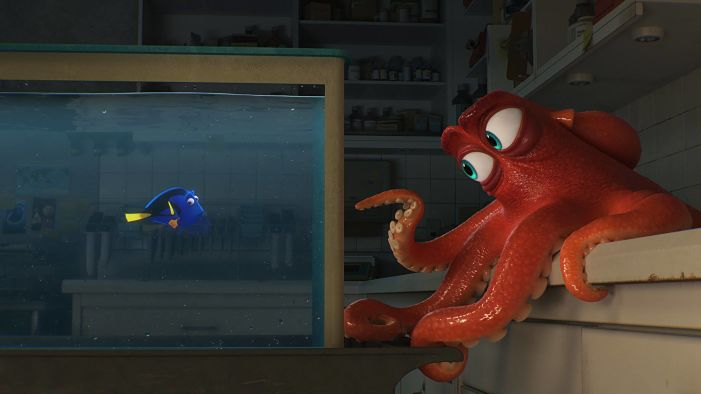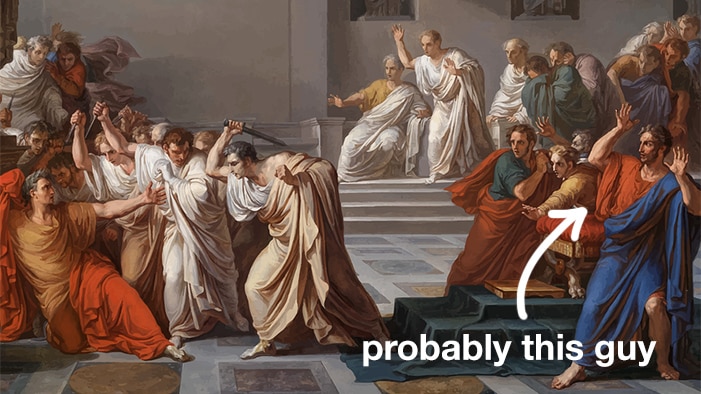Why I HATE “There Are Plenty of Other Fish in the Sea”

“There are other fish in the sea” are possibly the seven words I hate most in the English language. It’s a cliché (which I hate) that also has, to my ear, a “bro/dude” inflection (i.e. “there are other fish in the sea—don’t sweat it, bro/dude”), which I hate. On top of these rational and obvious reasons, I believe it is not only entirely unhelpful, but a counterproductive piece of advice—one that actually harms more than it helps.
I acknowledge the intention behind the words is mostly good: it is intended to reassure a lovesick and/or heartbroken and/or otherwise despairing single person that you will meet someone else, that getting rid of the dude who refused to introduce you to his friends was definitely the RIGHT decision. And it is true—you will 100% meet someone else that makes your heart go boom at some point in your life and there are now all these ways (social media, dating apps) to expedite that process.
But the phrase is bad for other reasons.
First, as a writer, I have to point out that it’s turned out be a pretty terrible metaphor. Overfishing, or the act of continuously catching more fish that the system’s able to produce, has seriously depleted our waters. There were six times more fish in the ocean in 1900 than in 2009. About 90% of the populations of large predatory fish like tuna are gone from the ocean FOREVER. This means that it now takes 17 times as much work for fisherman to catch a ton of fish than it did 100 years ago. It means two men in a rowboat could catch more fish than those seriously huge fishing trawlers manned by tens of men. Which is to say: in the actual, there might be “other fish” in the sea, but there are no longer “plenty of fish” out there.
I know it’s just a figure of speech, but the fact that it no longer holds true on that level speaks to the fact that I don’t think it ever did. The phrase gives you the idea that there are lots of other people out there for you, which might make you less likely to commit to a person who’s awesome but just not PERFECT for you. It creates the illusion that there are lots of options, that the guy who gives you massages, does dishes, loves Twilight, has perfectly mussed hair, and understands your love for Jane Austen is still out there waiting for you. Maybe he’s out there. But a lot of factors (timing, chemistry, age, location) need to align for you to meet. And love is much more and much more mysterious than shared interests, anyway. You might think you know what you, you might think there’s another fish out there who’s closer to that ideal, but you don’t always know what you need. What you need might be what you already have.
Math supports my argument against the idiom. Once you take into account age, relationship status, criminal record, socio-economic class, attractiveness, other lifestyle requirements (such as non-smoking, no kids), basic chemistry, timing, and longterm compatibility, in a town of 1.5 million people, the number of fish with whom you’re likely to consider promise ring status, is five. This number’s for the age bracket 25-35, which means there are probably more out there for you, right now, but it also means that number’s likely to go down as you age, as more people get married, have children, etc.
I’m not at all advocating for staying too long in bad, or just mediocre, relationships. But there is a difference between ending an “eh” thing and ending a thing that’s pretty great because you’re so young and that scares you or because their parents are divorced and that bothers you or because you had a fight and you’re not willing to try to make it work. A good man (or woman) is hard to find. That’s a phrase, too, and one I can actually stand behind.
So, what do you think? Is the plenty o’ fish argument helpful or a bunch of dolphin-safe bologna?












